Through its enlargement policy, the EU seeks to foster democratisation in Albania, Bosnia and Herzegovina, Kosovo, Montenegro, North Macedonia and Serbia, also called Western Balkans six (WB6). Despite years of efforts, the EU’s policies have not brought about the expected change.
The enlargement process has lost both efficacy and political momentum. Instead of experiencing decisive democratic reform, the WB6 have slowly developed into ‘stabilitocracies’: countries with obvious democratic shortcomings that at the same time claim to work towards democratic reform and offer stability.
The report, conducted by the Clingendael and the Think for Europe Network, identifies eight flaws in the EU’s strategies, policies and their implementation that are believed to contribute to stabilitocracy formation.
In each of the WB6 countries, concrete cases exemplify how EU influence has unintentionally contributed to stabilitocracy formation and what factors have determined whether the EU approach has been constructive or not. The technical approach is the most prevalent flaw in the case studies. Examples range from the EU’s inability to harmonise the interests of different ethnic groups in Bosnia and Herzegovina, structural weaknesses in the European Union Rule of Law Mission in Kosovo (EULEX), the failure of technical safeguards to counter blurred boundaries between branches of power in Montenegro, an overly technical focus in progress reports on democracy and rule of law reforms in North-Macedonia, and an overly technical fixation in the application of the revised methodology in Serbia.
To avoid the traps of further stabilitocracy entrenchment, we put forward recommendations and critical reflections on how to improve the EU’s role in the region. Recommendations include focusing more on genuine feedback to WB6 governments, better reporting on the state of progress, enhancing communication with citizens, and specifying benchmarks while accompanying them with more tangible timelines.
However, fixing the technical process is a necessary but not sufficient condition for the EU accession process and its democratisation agenda for the Western Balkans. Therefore, the EU and its member states need to seriously consider proposals for a further overhaul of the enlargement process in order to allow for a staged accession trajectory for the WB6. At the same time, the EU could speed up engagement with the WB6 beyond the enlargement framework in order to not lose grip in a region subject to increasing great-power competition. Lastly, it is recommended that the Netherlands takes further action to substantiate its ambitions as a critical but engaged member state.
The-EU-as-a-promoter-of-democracy-or-stabilitocracy_2eproef
Read the full report (HTML) or download the report (PDF).
Save the date for an online forum on Thursday 10 March, 15.30-16.45 hrs. Lawmakers, policymakers and researchers will debate on the EU’s unintentionally contribution to the formation of ‘stabilitocracies’ and the next steps. You can participate through the Q&A and poll questions.
Confirmed speakers are Milena Lazarević (Programme Director, European Policy Centre – Belgrade), Nikola Dimitrov (Former Foreign and Deputy Prime Minister for European Foreign Affairs of North Macedonia) and Geert Luteijn (Lecturer Political Science, University of Amsterdam). The full programme will be announced soon. Please register to save the date!
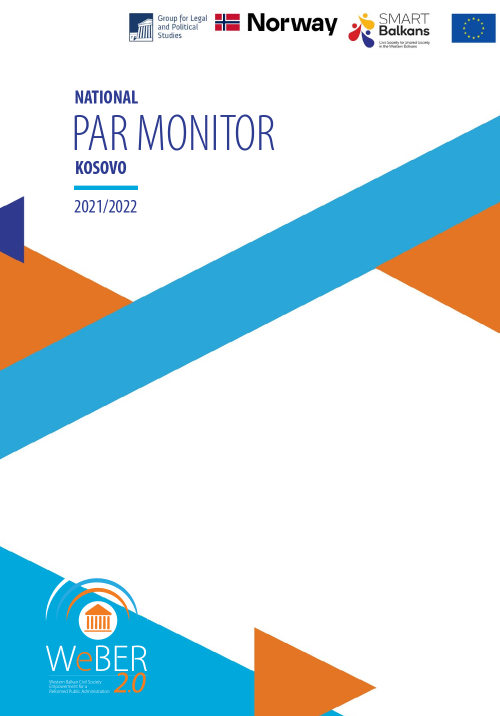

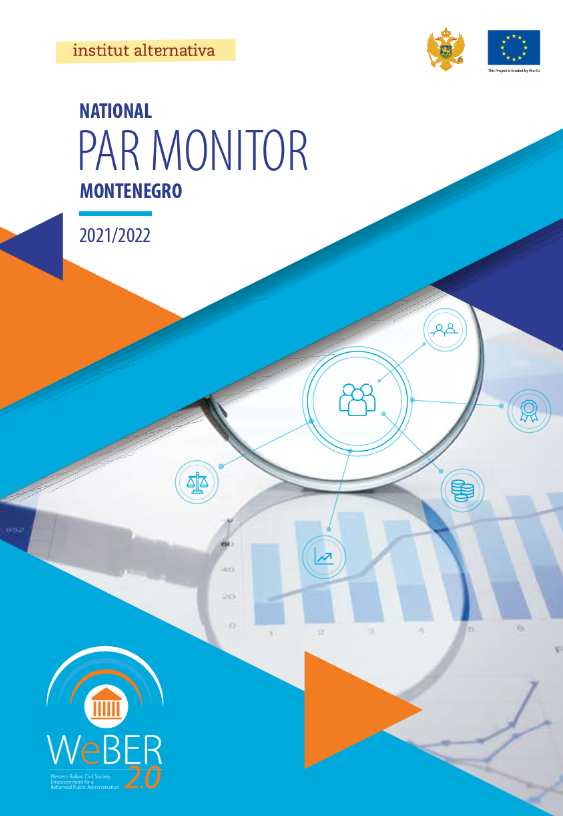
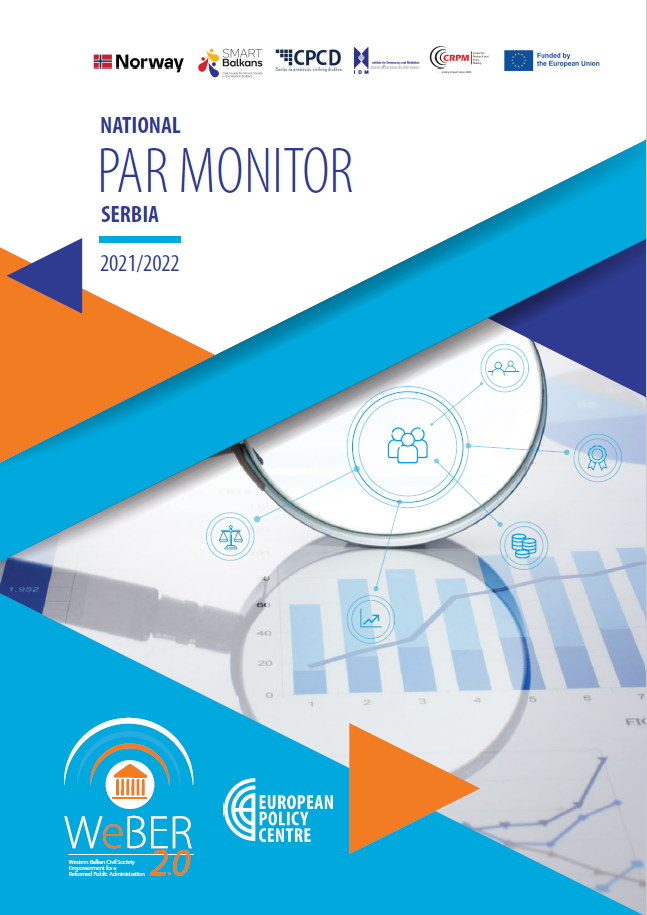
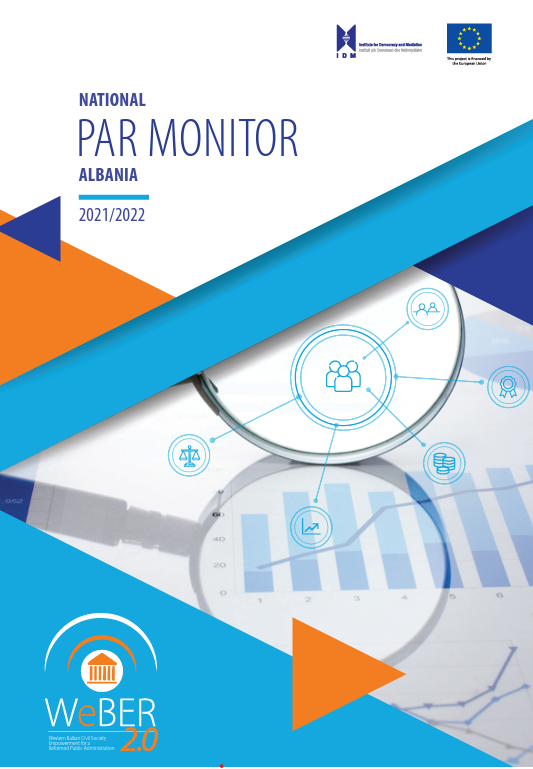
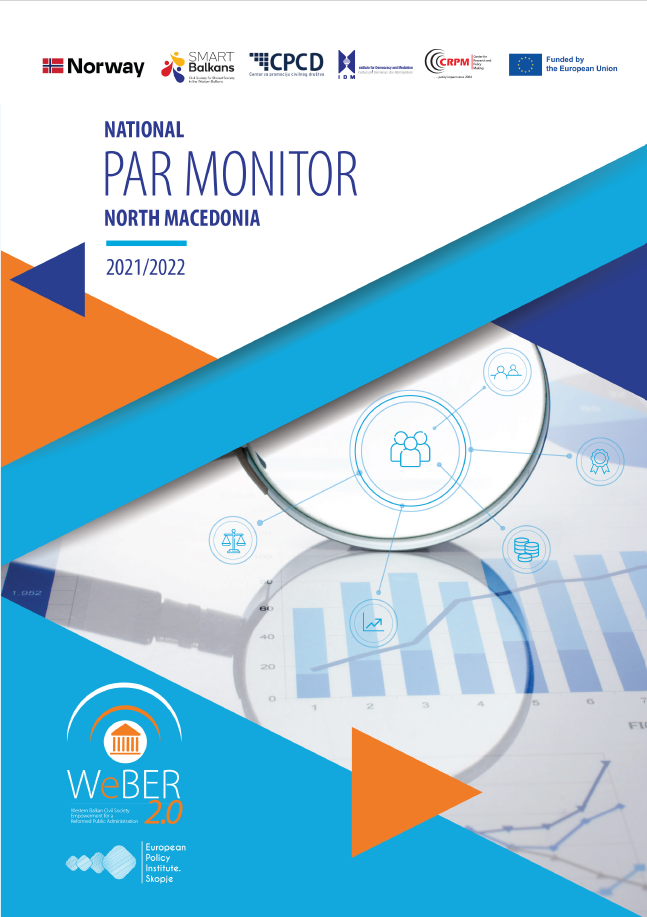
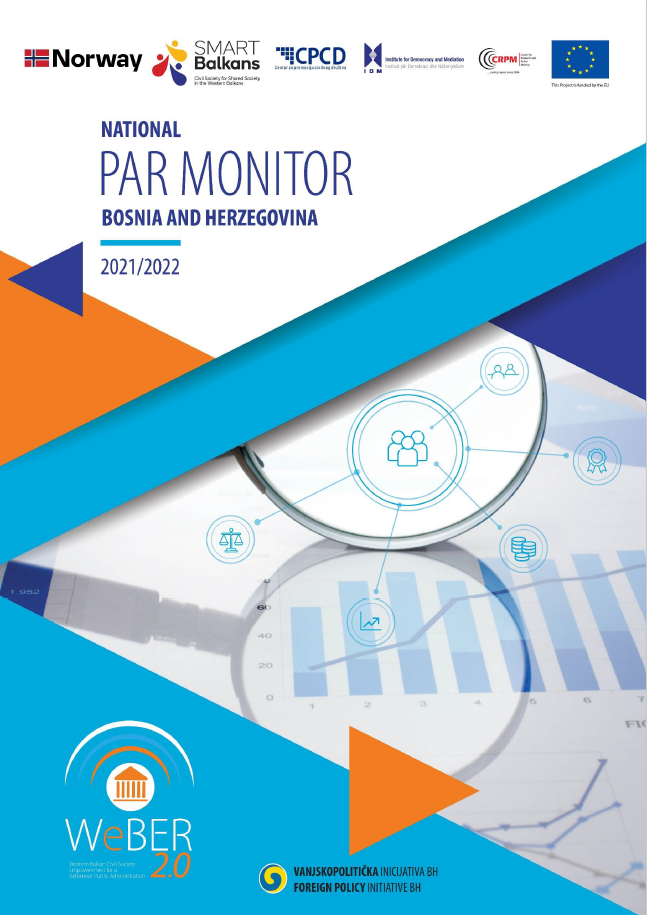

 The National PAR Monitor North Macedonia is available for download here:
The National PAR Monitor North Macedonia is available for download here:  The National PAR Monitor Montenegro is available for download here:
The National PAR Monitor Montenegro is available for download here: